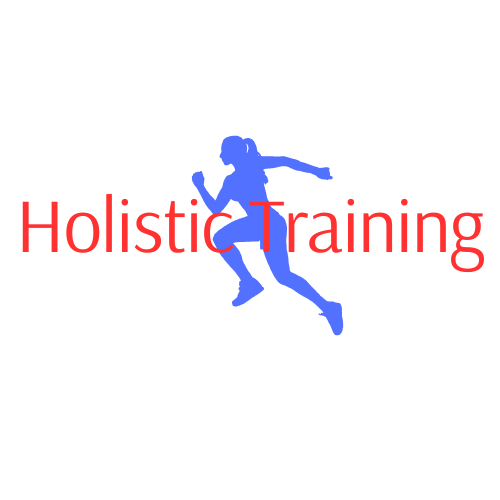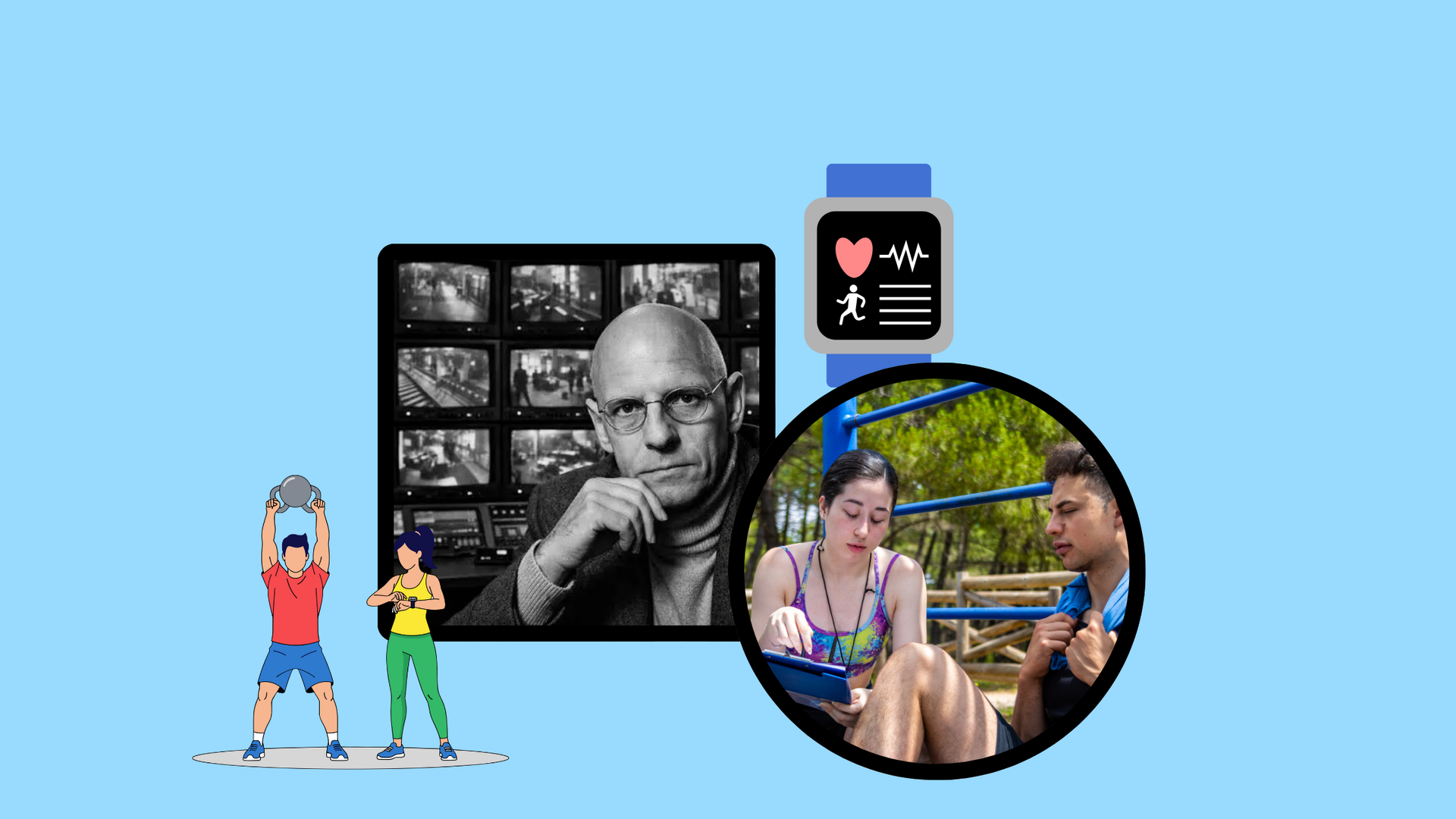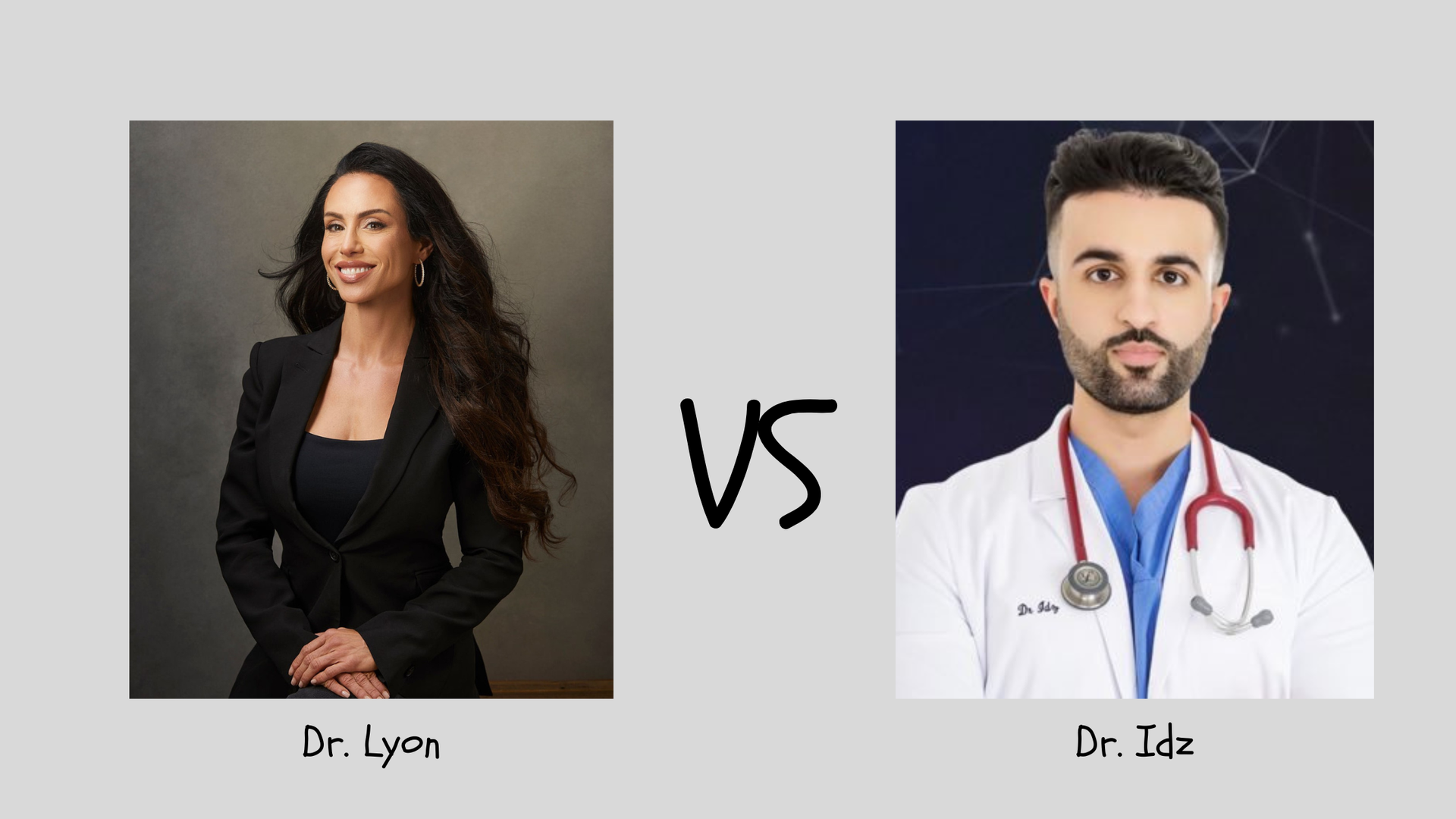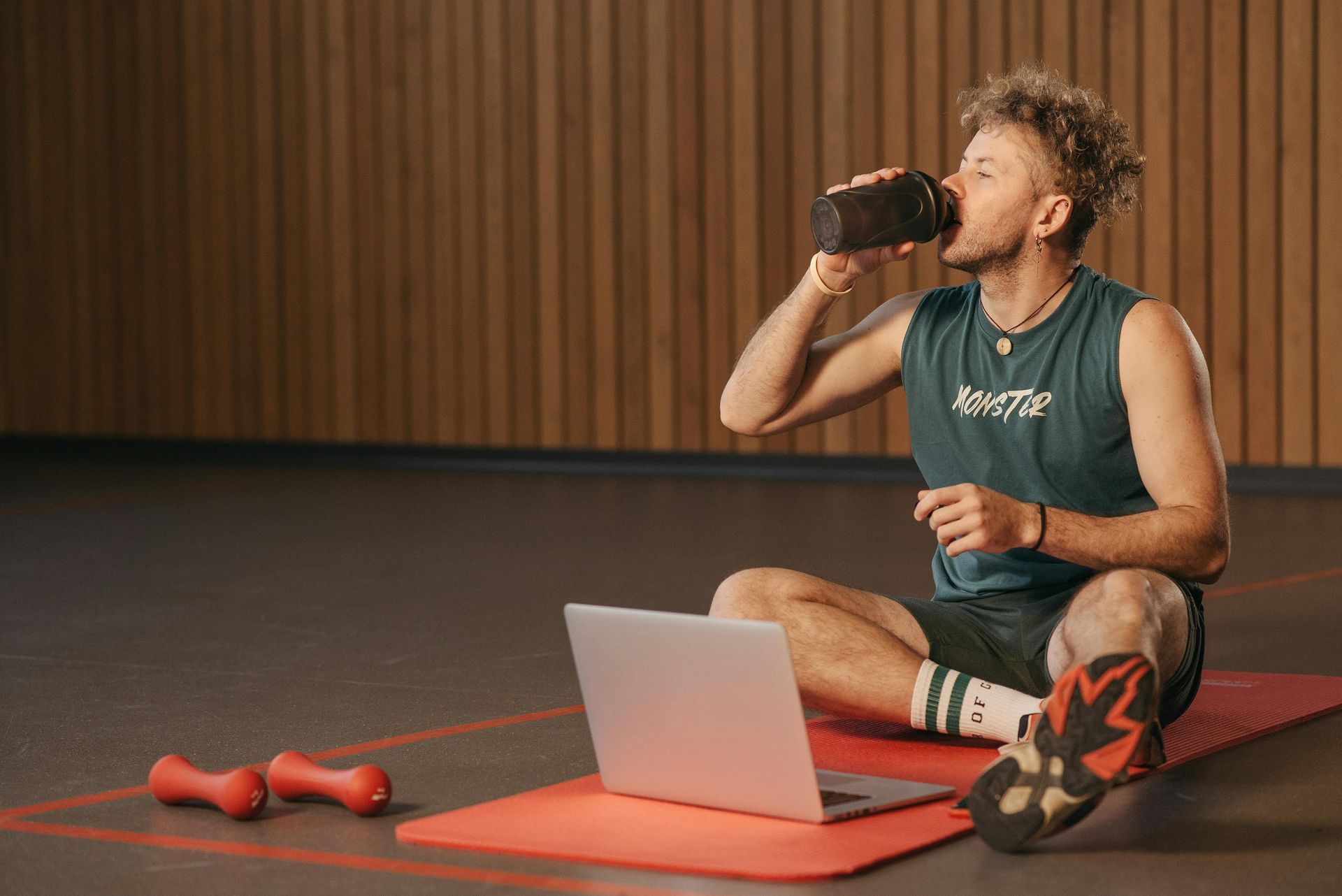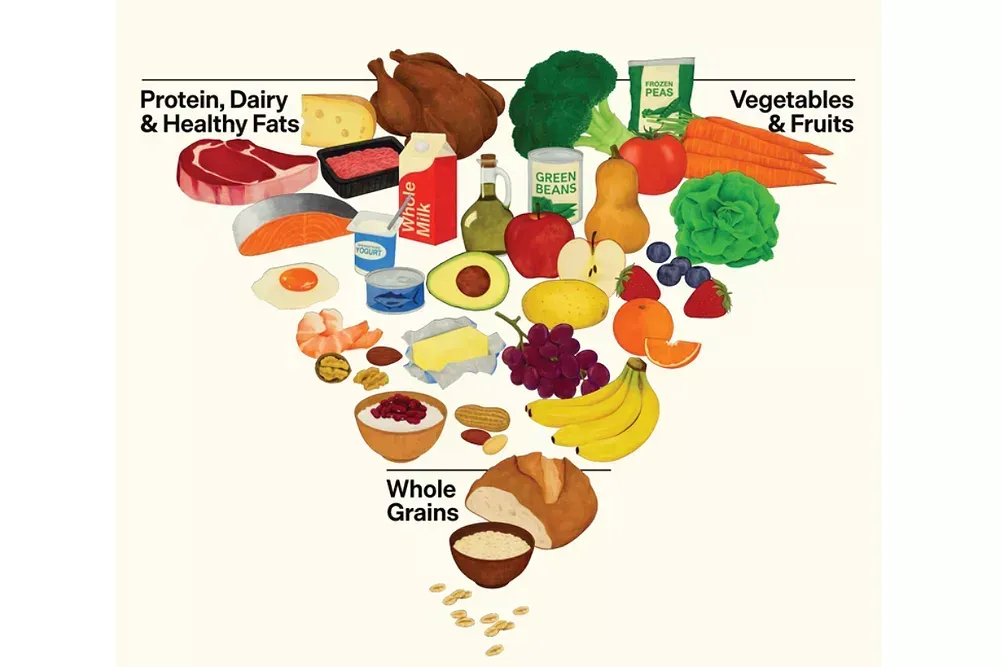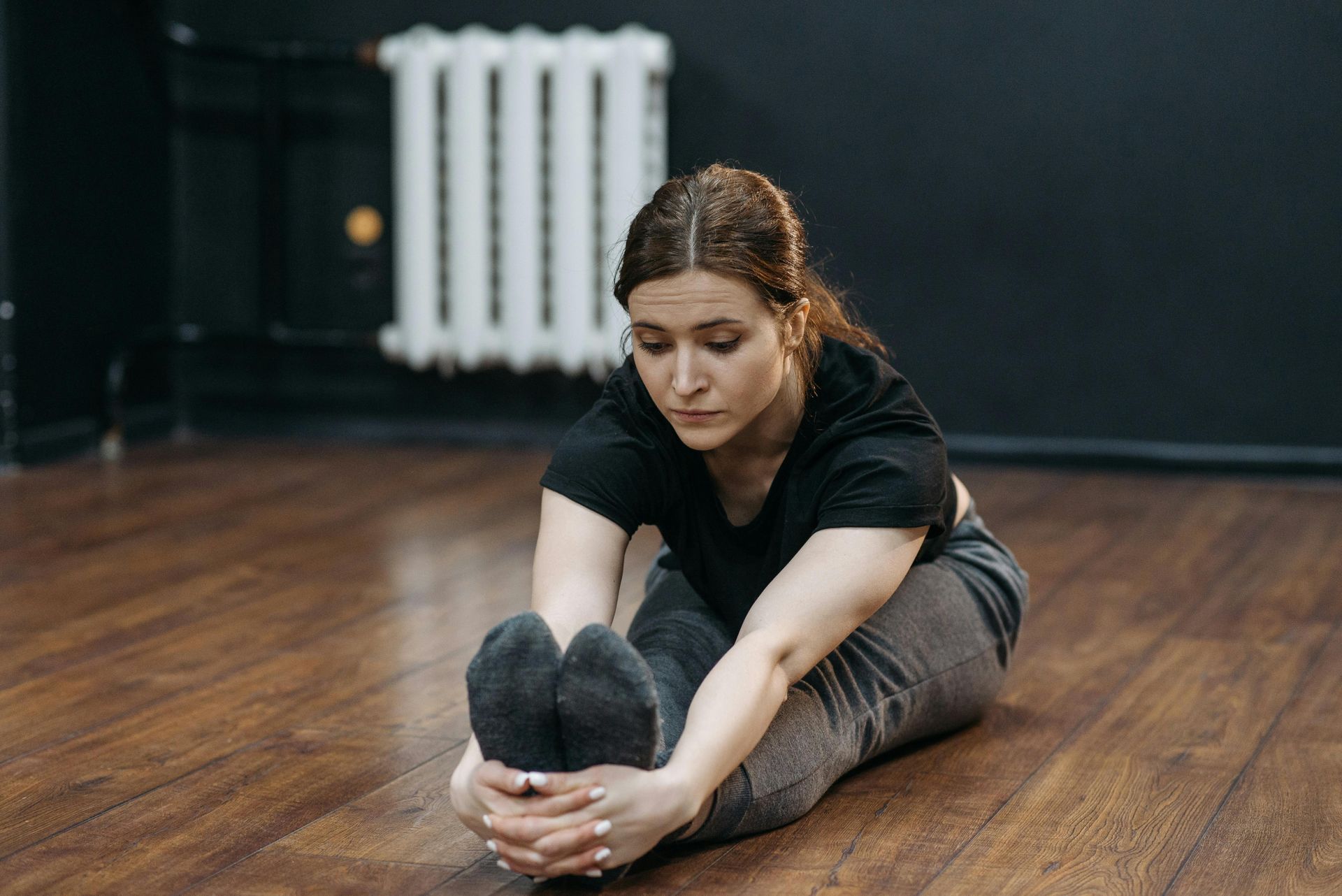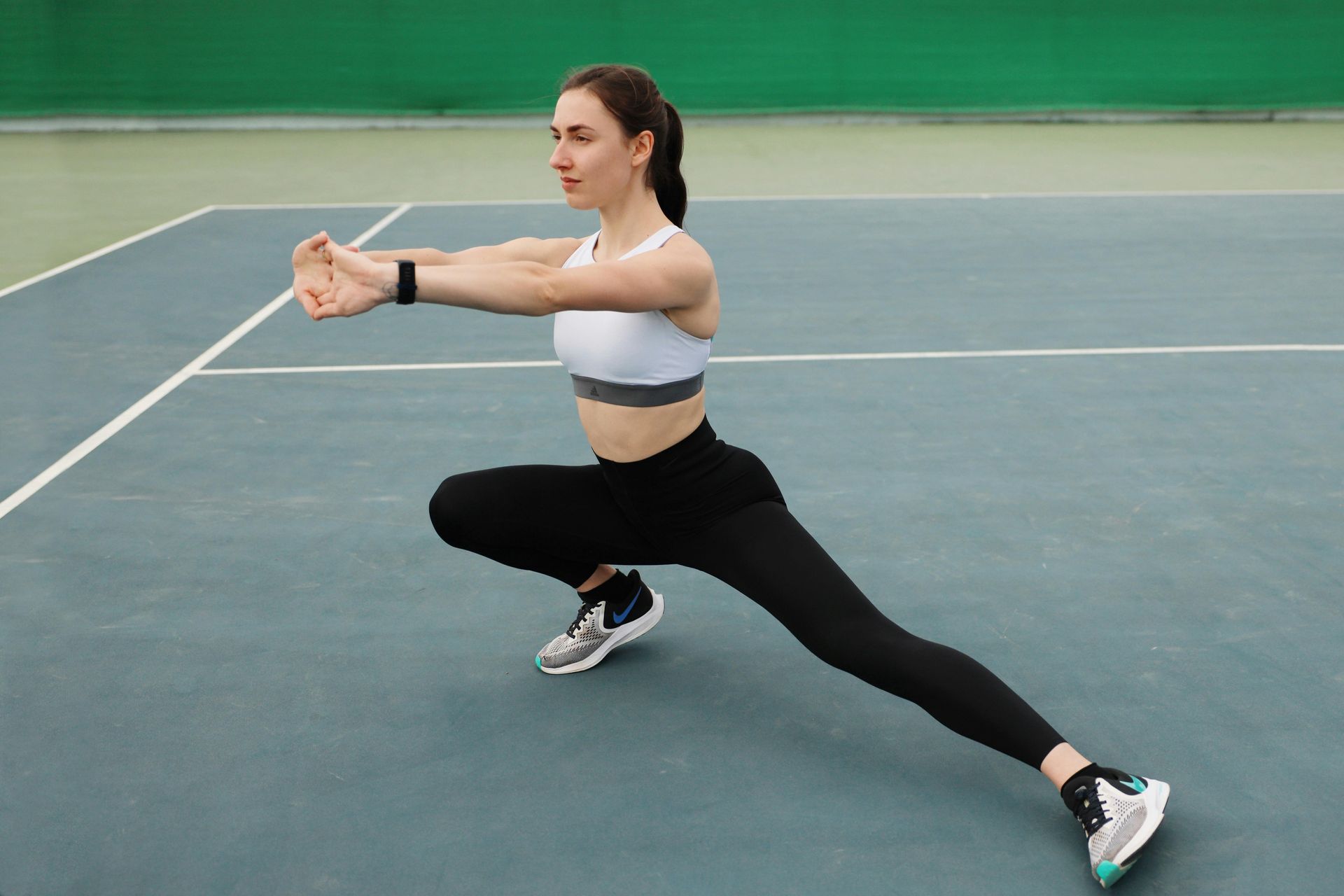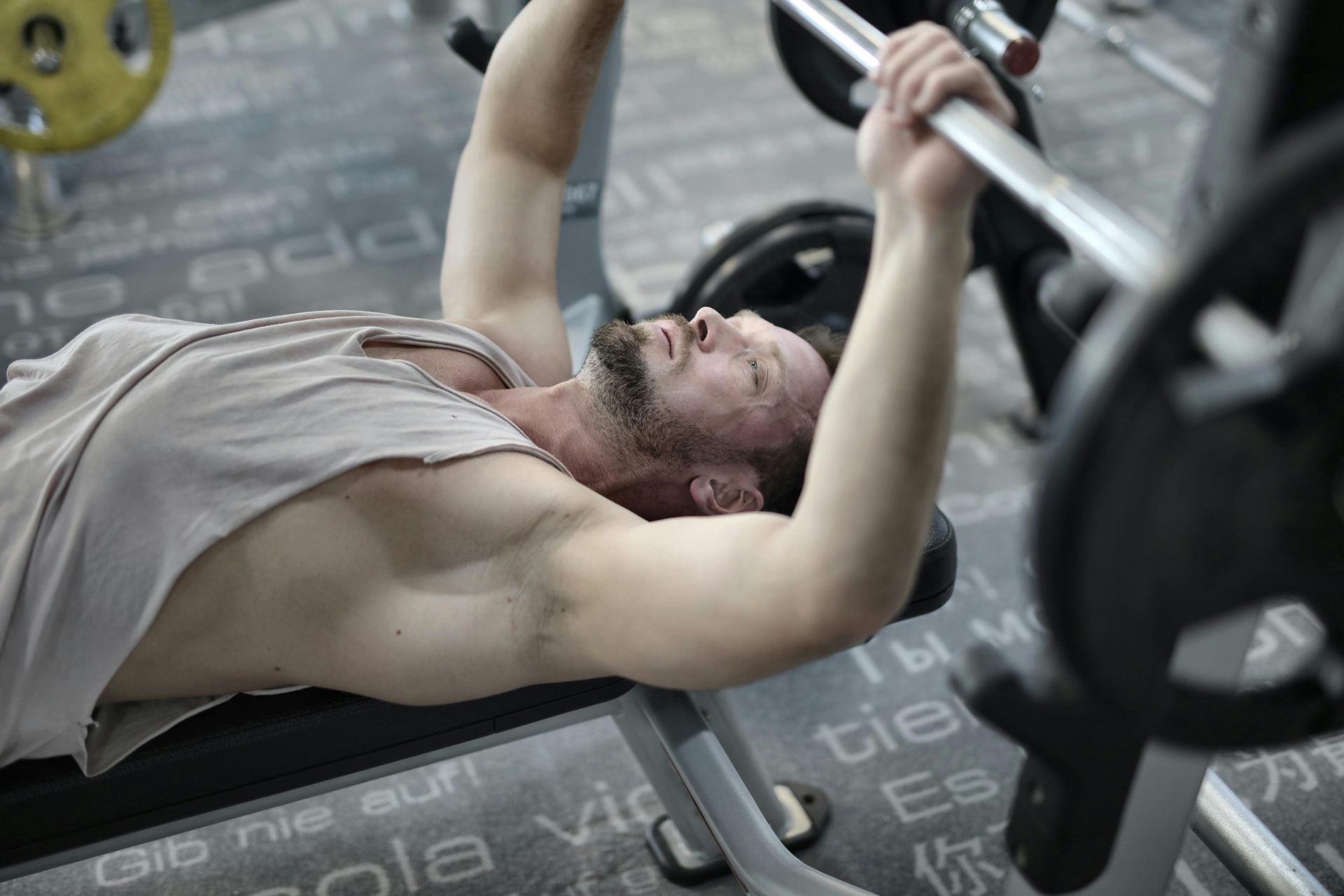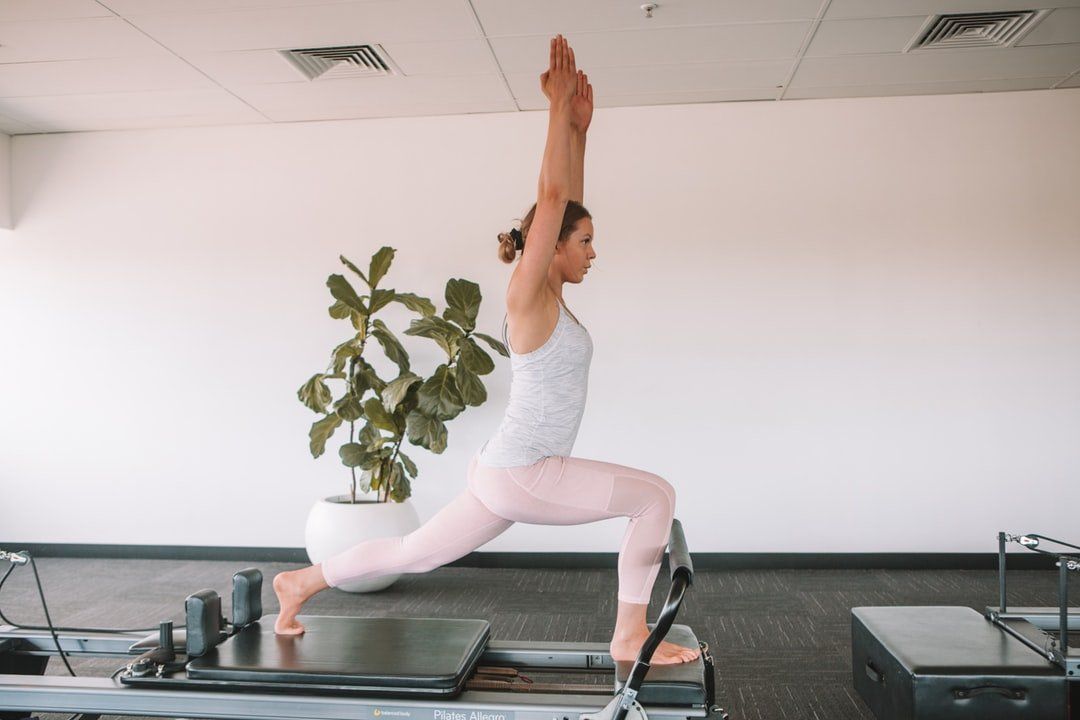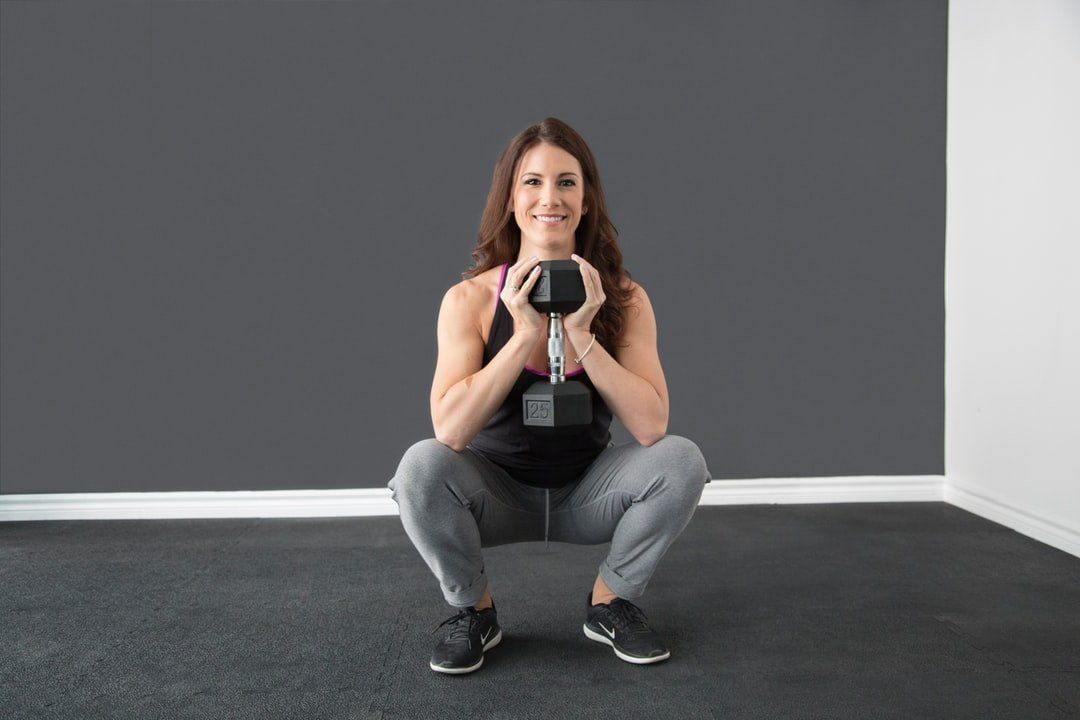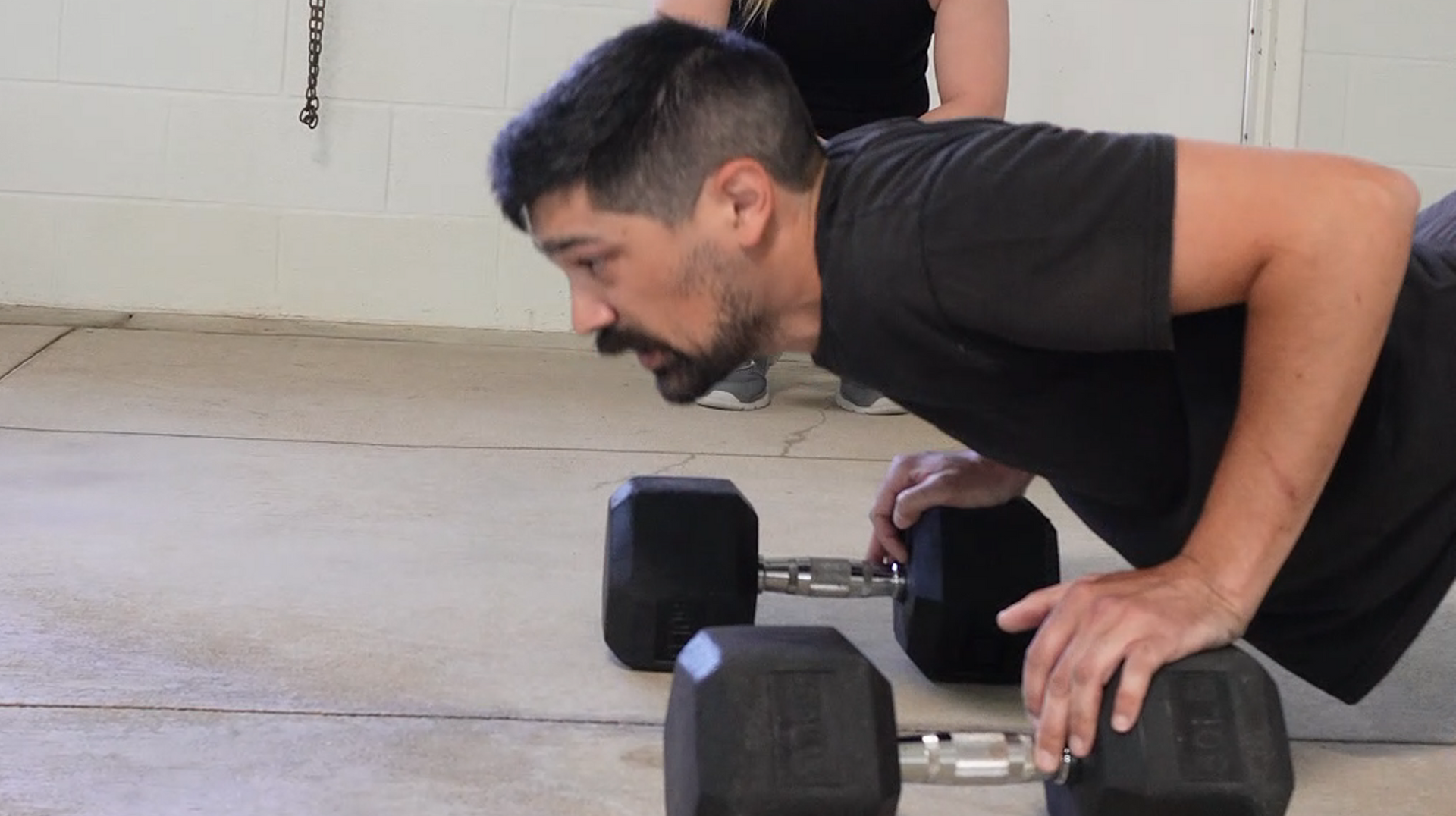Creatine and the Brain
Beyond Athletic Performance

TL; DR: Creatine is famous for building muscle, but it is also a critical "energy booster" for your brain. By replenishing ATP (the body's energy molecule) within brain cells, supplementation can enhance short-term memory, reasoning, and information processing while reducing mental fatigue during high-demand tasks. Emerging research also suggests it has neuroprotective properties—potentially aiding in recovery from mild traumatic brain injuries—and may even offer antidepressant effects by improving brain energy metabolism and neurotransmitter modulation.
You've likely heard of creatine as a go-to supplement for athletes and gym-goers looking to boost their physical performance. It's well-known for its ability to increase strength and muscle mass. But what if I told you that this popular supplement might also be a powerful tool for your brain?
As someone who's already explored the benefits of creatine for women, I've been digging deeper into its effects on cognitive function and mental health. The research I've found so far is fascinating and suggests that creatine's benefits extend far beyond the weight room.
Creatine: The Brain's Energy Booster
The human brain is a highly demanding organ, consuming a significant amount of the body's total energy. Creatine's primary role in the brain is to support this energy metabolism. Think of it as a backup generator for your brain cells.
It works by replenishing adenosine triphosphate (ATP), the body's main energy molecule. By increasing phosphocreatine stores in the brain, creatine helps maintain a steady energy supply for neuronal function, especially during times of high demand. This mechanism is believed to be the reason behind many of its cognitive benefits.
The Cognitive Benefits of Creatine
Research suggests that creatine supplementation may lead to several cognitive improvements:
- Improved Memory and Reasoning: Studies have found that creatine can enhance short-term memory, reasoning, and even intelligence (Avgerinos et al., 2019).
- Faster Information Processing: It may help the brain process information more quickly (Xu and colleagues, 2024).
- Reduced Mental Fatigue: By helping the brain meet its high energy demands, creatine can help reduce mental fatigue, particularly during difficult cognitive tasks (Candow et al., 2023).
- Neuroprotection: Creatine shows promise in protecting nerve cells from injury and damage and may even help in the recovery from mild traumatic brain injury (Ribeiro at al., 2025; and Bodker and Marcussen, 2023).
It's worth noting that while these benefits are promising, the effects are most significant in people with lower baseline creatine levels, like vegetarians, or those experiencing cognitive stress.
Creatine and Mental Health
The link between creatine and mental health is an active and exciting area of research. There's growing evidence that creatine could play a role in treating certain mood disorders, especially depression.
- Antidepressant Effects: Some studies suggest that creatine supplementation can reduce depressive symptoms, particularly when used alongside traditional antidepressant medications (Lyoo and colleagues, 2015). It's thought to work by improving brain energy metabolism, increasing cellular resilience to stress, and modulating important mood-regulating neurotransmitters like serotonin and dopamine (Juneja et al., 2025).
- Anxiety Reduction: Some research even suggests that creatine may help alleviate symptoms of anxiety (Candow et al., 2023).
These mental health benefits are believed to be linked to creatine's role in improving mitochondrial function and enhancing neuroplasticity, which is the brain's ability to reorganize itself by forming new neural connections.
A Broader Neurological Role
Creatine's influence on the brain goes beyond just energy metabolism. It acts as a neuromodulator, a substance that can influence the activity of neurons.
- Neurotransmitter Modulation: Creatine can interact with various neurotransmitter receptors, suggesting a broader role in central nervous system communication (Allen, 2013).
- Oxidative Stress Protection: It enhances mitochondrial function and protects against oxidative stress, helping to preserve cell integrity and prevent cell death from abnormal energy metabolism (Marshall et al, 2022, and Barbieri et al., 2016).
- Neurodegenerative Diseases: While more research is needed, some studies suggest that creatine may have a positive impact on conditions like Alzheimer's, Parkinson's, and Huntington's disease, which are all linked to altered brain metabolism (Smith and colleagues, 2025, and Kreider and Stout, 2021).
Should You Take Creatine for Your Brain?
The optimal dosage for brain benefits might differ from the standard 3–5 grams per day used for physical performance. Some research suggests that higher doses may be needed to effectively cross the blood-brain barrier.
However, the most important thing to remember is that creatine is just one piece of a larger puzzle. I take 5 grams of creatine daily, not just for physical performance, but also for its potential mental benefits. For me, creatine is part of a comprehensive strategy that includes consistent strength and aerobic training, mindfulness, and good nutrition—all of which have a demonstrated positive impact on cognitive function and mental health.
While it's exciting to think about what creatine can do on its own, its true power may lie in its ability to support and enhance a holistic approach to your health.

